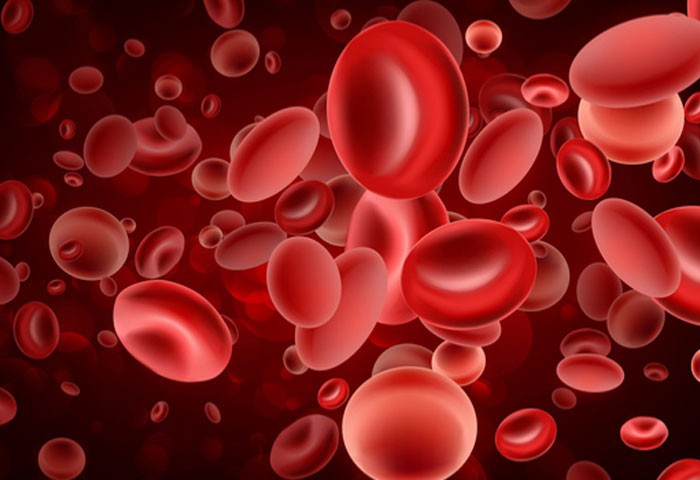Hematology is the science or study of blood, blood-forming organs, and blood diseases. In the medical field, hematology includes the treatment of blood disorders and malignancies, including types of hemophilia, leukemia, lymphoma, and sickle-cell anemia. Hematology is a branch of internal medicine that deals with the physiology, pathology, etiology, diagnosis, treatment, prognosis, and prevention of blood-related disorders. Hematologists focus largely on lymphatic organs and bone marrow and may diagnose blood count irregularities or platelet irregularities. Hematologists treat organs that are fed by blood cells, including the lymph nodes, spleen, thymus, and lymphoid tissue.
Four major areas of study within hematology include hemoglobinopathy, hematological malignancies, anemia, and coagulopathy. Hemoglobinopathy is the study of abnormality in the globin chains of hemoglobin molecules. In addition to sickle cell anemia, thalassemia (also known as erythropoiesis) is part of hemoglobinopathy. The area of hematological malignancies is concerned with the diagnosis and treatment of cancers of the bone marrow, blood and lymph nodes. Myeloma is one type of hematological malignancy, along with leukemia and lymphoma. Other disorders treated by a hematologist include arterial thromboembolism, deep-vein thrombosis, and neutropenia.
Hematology tests
One of the most common hematology tests is the complete blood count or CBC. This test is often conducted during a routine exam and can detect anemia, clotting problems, blood cancers, immune system disorders, and infections.





